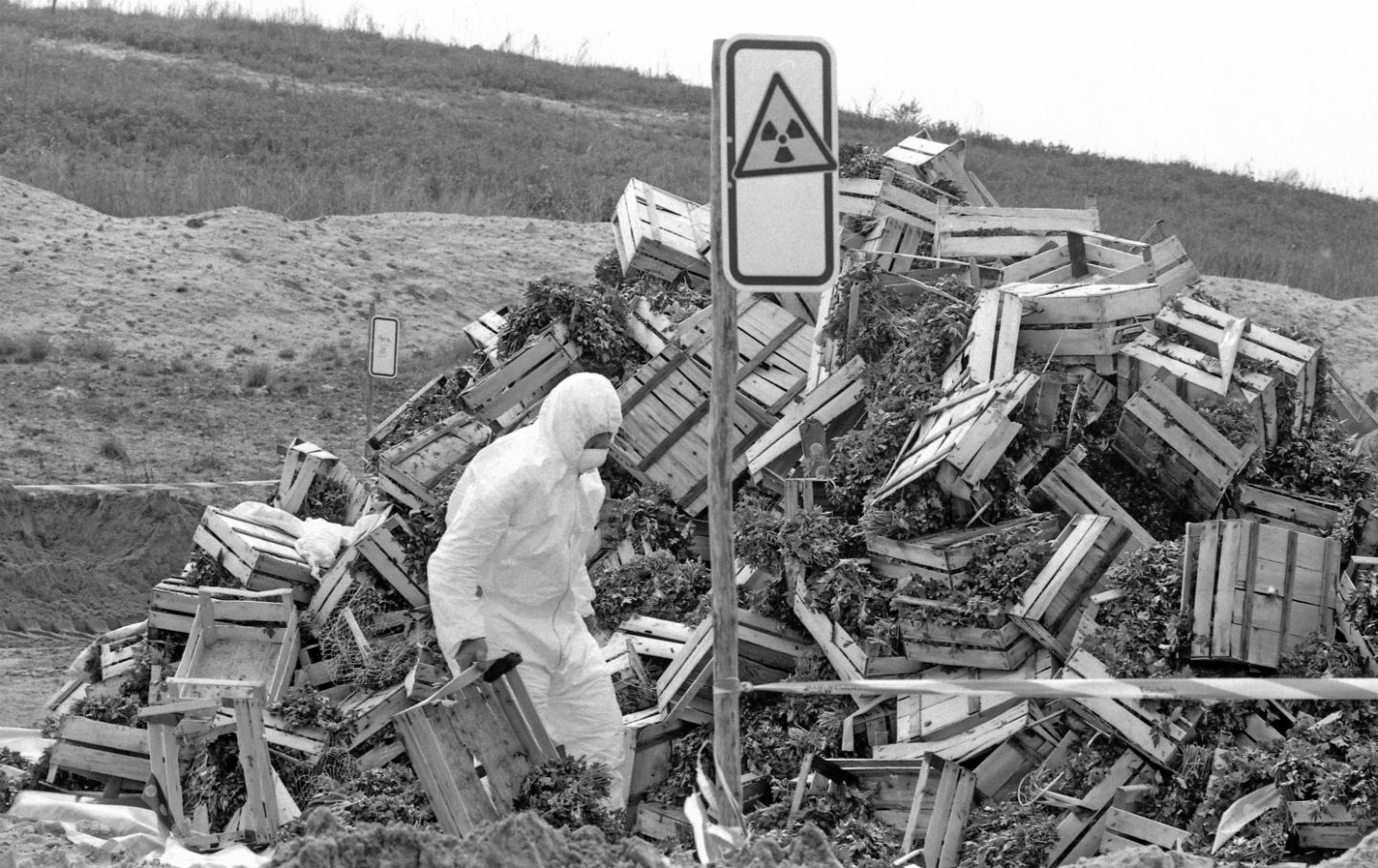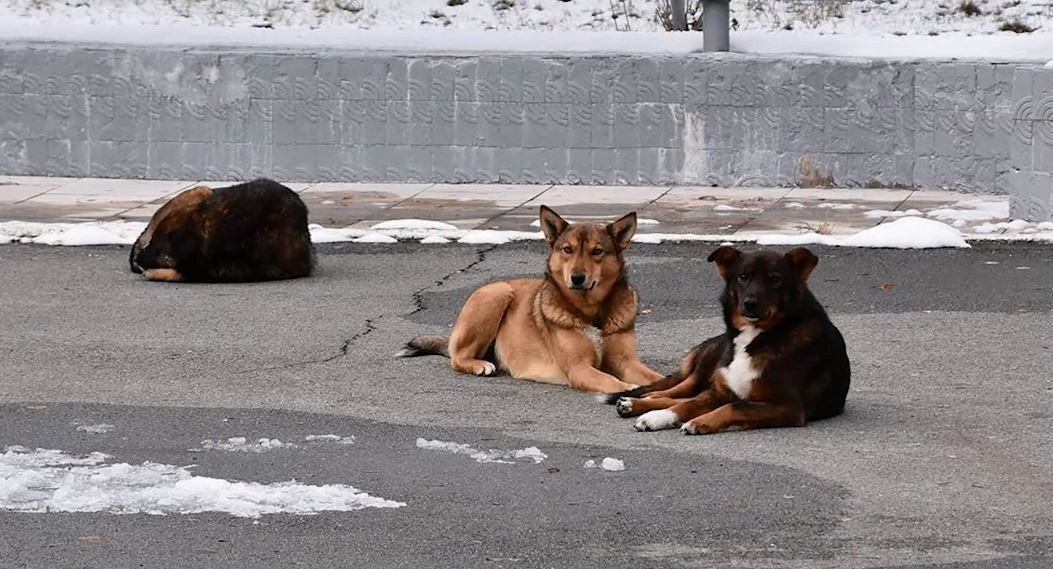Riapre la spiaggia di Fukushima. Sei anni fa il disastro nucleare
 Riaperta al pubblico la spiaggia di Usuiso, nella prefettura di
Fukushima, un tempo tra le più popolari del Giappone. Per la prima volta
dal terremoto e dallo tsunami dell’11 marzo 2011, che portò alla
fusione del nocciolo di tre reattori dell’impianto di Fukushima Daiichi,
portando alla peggiore crisi nucleare da Chernobyl, è stato tolto il
divieto di balneazione. Una buona notizia, che si somma alla vittoria
appena conseguita da ambientalisti e pescatori locali, che hanno
costretto la Tokyo Electric Power (Tepco) a rivedere i propri piani: non
finiranno in mare le 770mila tonnellate di acqua usata per raffreddare i
reattori della centrale nucleare. A Fukushima, ci sono da smaltire 580
barili di acqua radioattiva e i residenti erano preoccupati del crollo
delle vendite di prodotti ittici.
Riaperta al pubblico la spiaggia di Usuiso, nella prefettura di
Fukushima, un tempo tra le più popolari del Giappone. Per la prima volta
dal terremoto e dallo tsunami dell’11 marzo 2011, che portò alla
fusione del nocciolo di tre reattori dell’impianto di Fukushima Daiichi,
portando alla peggiore crisi nucleare da Chernobyl, è stato tolto il
divieto di balneazione. Una buona notizia, che si somma alla vittoria
appena conseguita da ambientalisti e pescatori locali, che hanno
costretto la Tokyo Electric Power (Tepco) a rivedere i propri piani: non
finiranno in mare le 770mila tonnellate di acqua usata per raffreddare i
reattori della centrale nucleare. A Fukushima, ci sono da smaltire 580
barili di acqua radioattiva e i residenti erano preoccupati del crollo
delle vendite di prodotti ittici.
Leggi tutto...
Data: 18.07.2017Fonte: www.corriere.it






















